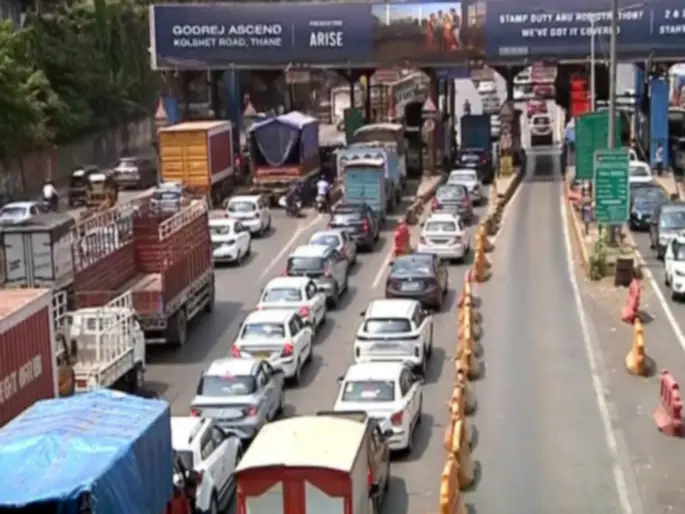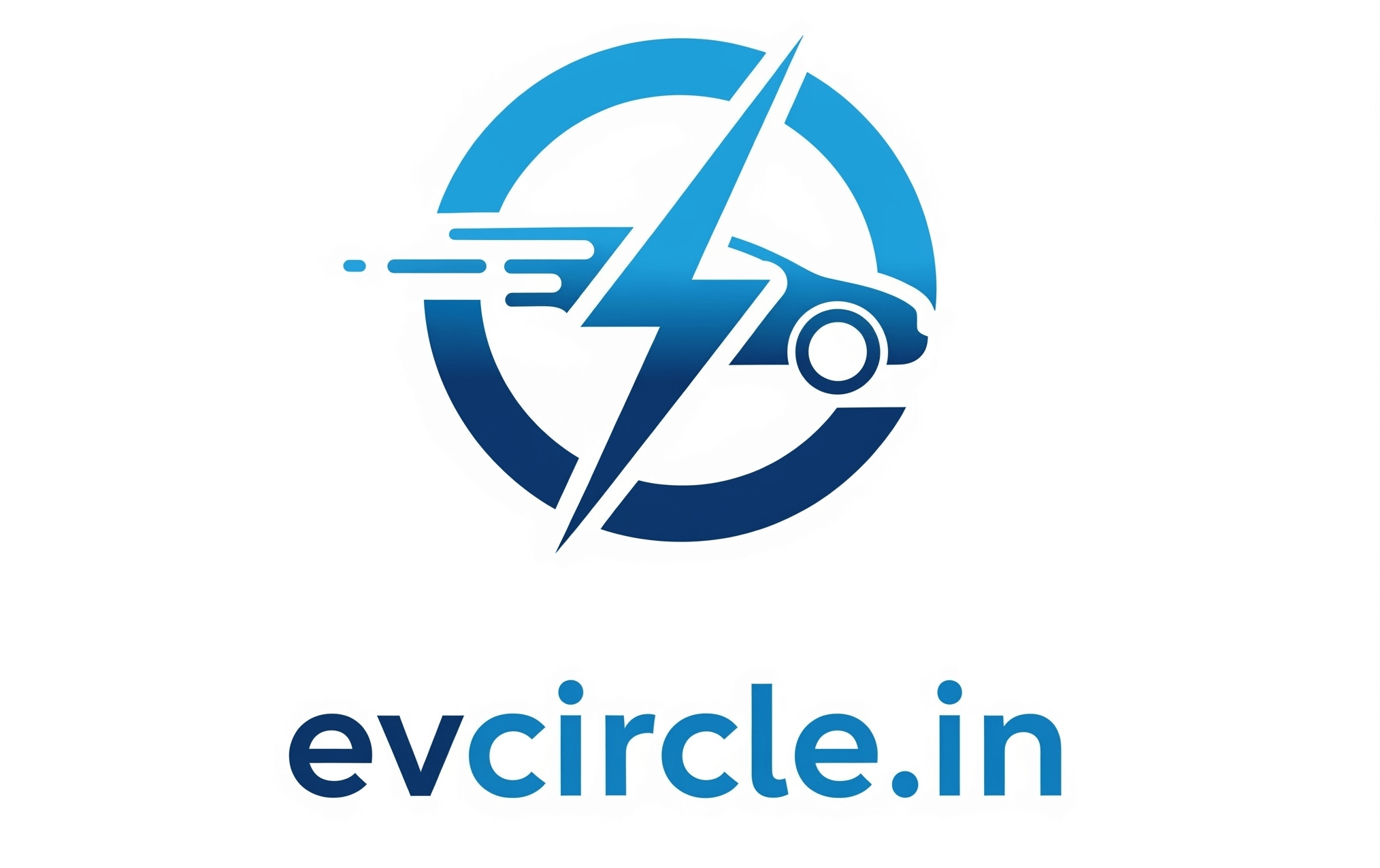
The Maharashtra government’s move to scrap toll charges for electric vehicles on key corridors, such as the Mumbai-Pune Expressway and Atal Setu, is poised to deliver substantial fiscal relief to the Maharashtra State Road Transport Corporation (MSRTC). The state-operated e-Shivneri buses, which until now were paying almost ₹2 lakh every day in tolls, will be exempt under the new rule. This change will help MSRTC save about ₹63 lakh each month, providing vital operational relief. The exemption not only aids the corporation but also advances a cleaner, more sustainable public transport network across Maharashtra.
To spur electric vehicle adoption and back the expanding EV sector in the state, the government announced the toll waiver effective from August 21. The circular clarifies that all electric vehicles, including passenger cars and buses, will be relieved from paying tolls at plazas on the Mumbai-Pune Expressway, Samruddhi Mahamarg, and Atal Setu. Officials anticipate this initiative will encourage more people to switch to EVs while also reducing running costs for both public and private transport operators. The decision is viewed as an important move to cut vehicular emissions and promote green mobility.
The Pune-Mumbai corridor is among the busiest stretches for electric vehicles, and the toll waiver is expected to deliver the greatest advantage here. MSRTC runs the largest fleet of e-buses between Pune and Mumbai, which earlier faced substantial daily toll bills. With the waiver in place, the corporation will retain lakhs of rupees previously paid as tolls. These funds could be diverted toward enhanced passenger amenities, upkeep, and increasing the electric bus fleet, supporting more sustainable expansion of Maharashtra’s public transport services.
At present, 48 e-Shivneri buses operate daily from Pune to Mumbai serving stops such as Dadar, Thane, Borivali, and Mantralaya. A matching number of buses run from Mumbai to Pune. Together, these buses complete over 250 trips every day along the expressway, paying tolls at Urse and Khalapur plazas. On average, buses departing Pune were paying ₹99,404 daily in tolls, and buses leaving Mumbai were paying the same amount. Additionally, some routes like Pune Station to Mantralaya and Swargate to Mantralaya required crossing Atal Setu, incurring extra tolls. Those charges will now be removed.
With this policy in force, MSRTC is projected to save lakhs of rupees each day, markedly improving its financial standing. While Pune’s e-bus services gain significantly from the exemptions on the Mumbai-Pune Expressway and Atal Setu, the Samruddhi Mahamarg currently has no e-buses running. Therefore, the immediate advantage of the policy is concentrated on the Mumbai-Pune route. Nevertheless, as the state grows its electric bus fleet going forward, toll savings across other expressways will increase, further advancing the state’s goal of sustainable and cost-efficient transport.
See also: The Truth About Electric Vehicle Range in Cold Weather Conditions
Tech enthusiast and researcher passionate about innovations shaping the future of mobility.

Leave a Reply